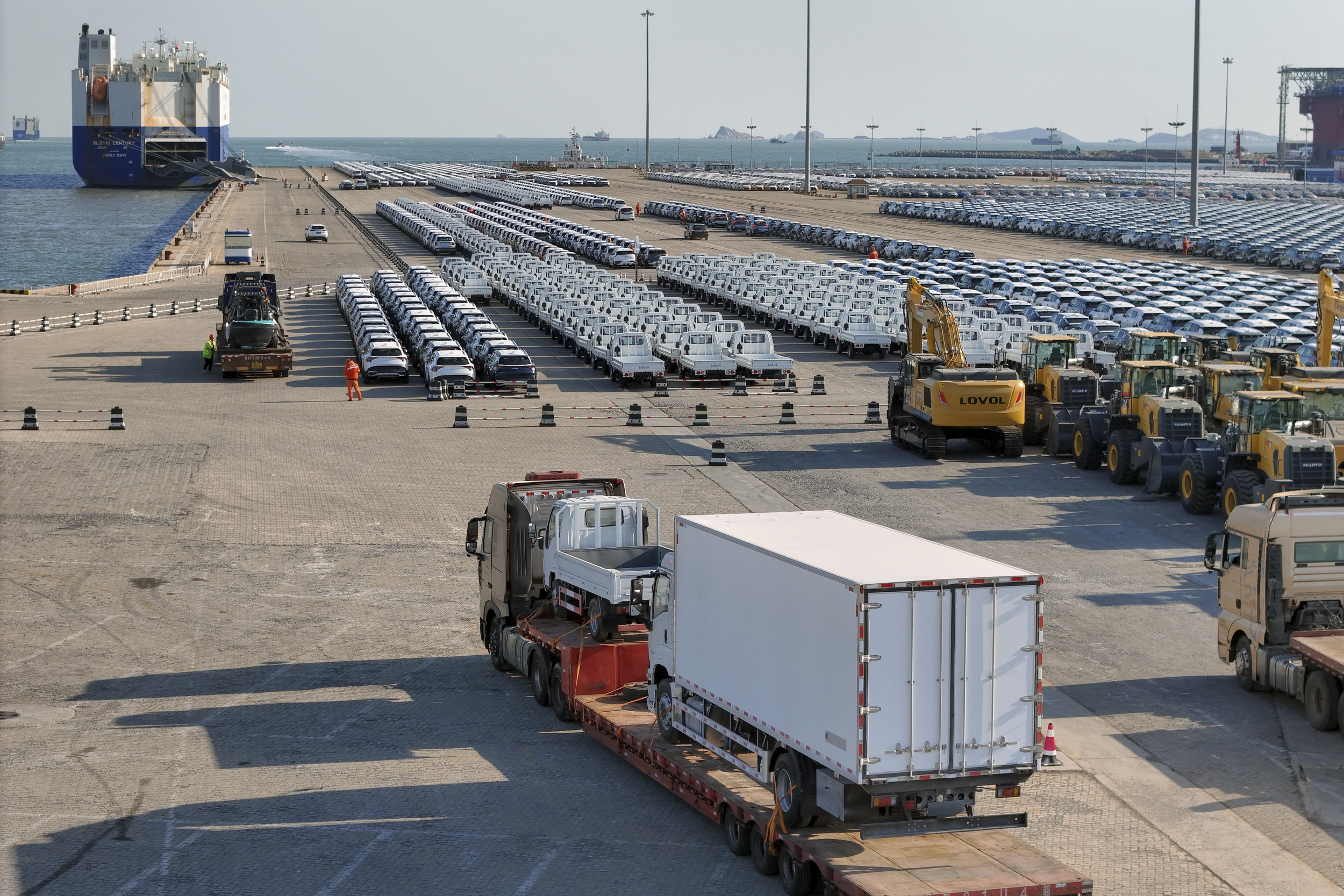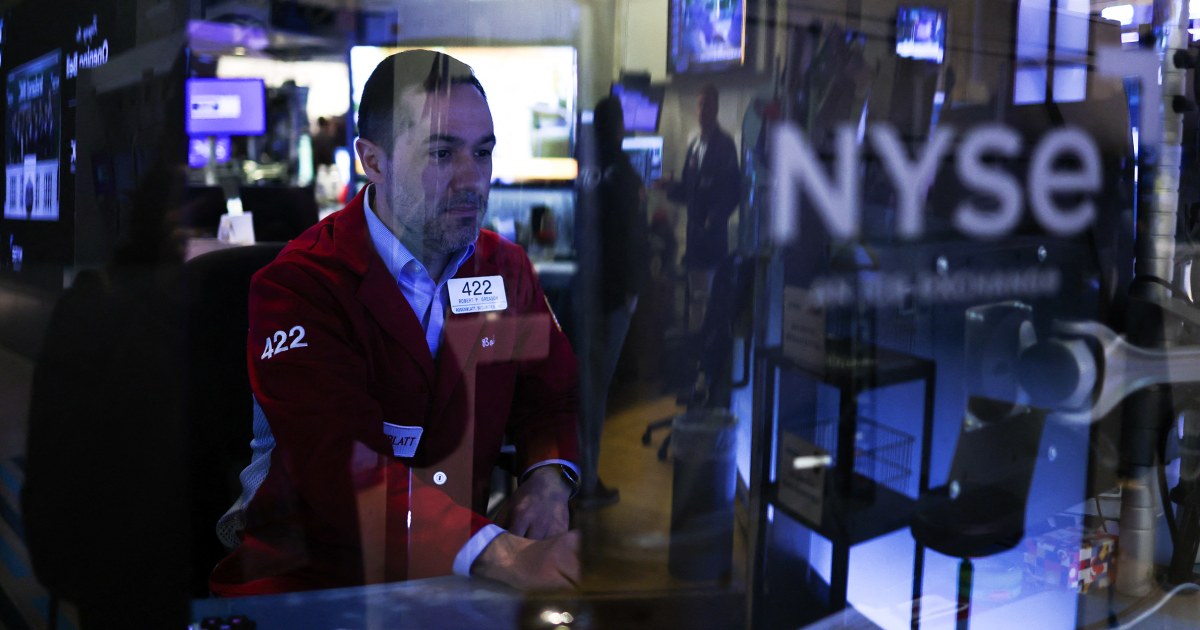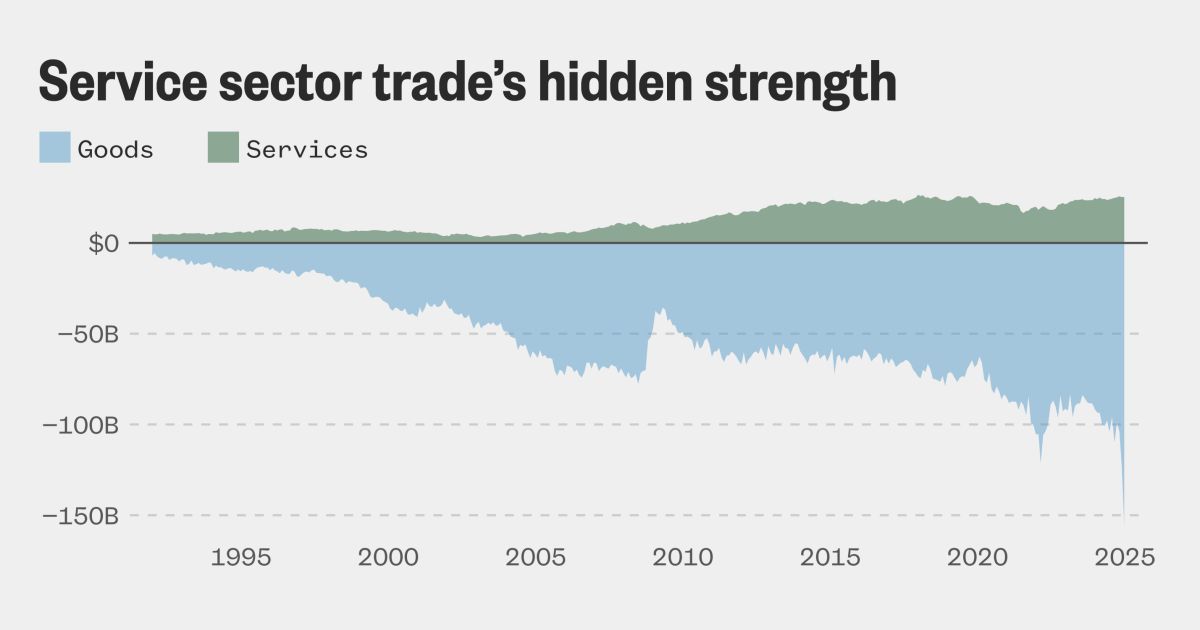Trump Escalates Tariffs on Canada Amid Economic Concerns
President Trump plans to double tariffs on steel and aluminum from Canada to 50%, intensifying the trade conflict and impacting the stock market.
Overview
President Donald Trump has announced plans to double tariffs on Canadian steel and aluminum to 50%, with immediate effects. This increase, cited as a response to Ontario's rising electricity costs, has ignited concerns of economic repercussions, driving a decline in the stock market. Economists warn of potential inflation and recession risks, reflecting heightened uncertainties surrounding trade policies. Trump's assurance of economic transitions contrasts traders' fears, highlighting tensions between domestic businesses and international relations. With analysts forecasting a slowdown, the administration faces pressure to stabilize the economy while pursuing its tariff agenda.
Report issue

Read both sides in 5 minutes each day
Analysis
- Trump's decision to double tariffs on Canadian steel and aluminum to 50% is framed as a retaliation against Ontario's increased electricity surcharge, raising concerns about market stability and potential economic downturns.
- The stock market reacted negatively to Trump's tariff announcements, with signs of volatility as it grapples with uncertainty surrounding trade policies and their potential impact on the economy.
- While Trump asserts that tariffs will benefit the U.S. by encouraging domestic manufacturing, economists warn that uncertainty could lead to higher consumer prices and discourage long-term investments.
Articles (15)
Center (11)
FAQ
Canadian officials have vowed to maintain their countermeasures until the U.S. tariffs are withdrawn. They view Trump's actions as an attack on Canadian workers and businesses.
The increased tariffs could lead to inflation and recession risks, as they contribute to economic uncertainty and impact trade relations.
History
- This story does not have any previous versions.











